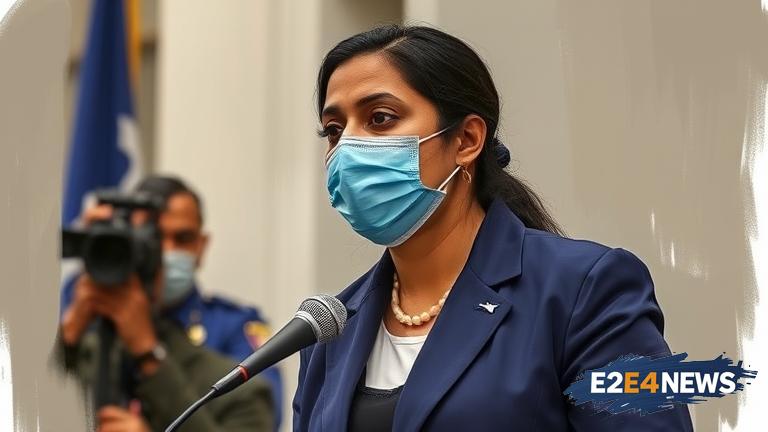New York State Assemblyman Zohran Mamdani has come under fire for his recent proposal to stop sending police officers to respond to domestic violence calls. The lawmaker’s suggestion has sparked a heated debate about public safety and the role of law enforcement in responding to such incidents. Mamdani’s argument is that police intervention often escalates the situation, leading to further violence and trauma for the victims. He claims that alternative approaches, such as sending social workers or counselors, could be more effective in de-escalating conflicts and providing support to those in need. However, critics argue that this approach would put victims at greater risk and undermine the authority of law enforcement. They point out that police officers are trained to handle emergency situations and provide a necessary level of protection for those in danger. The proposal has been met with widespread criticism from law enforcement officials, victim advocacy groups, and community leaders. Many have expressed concerns that Mamdani’s plan would create a power vacuum, allowing perpetrators to continue their abusive behavior without fear of consequences. Others have argued that the proposal is misguided and fails to acknowledge the complexities of domestic violence. Domestic violence is a serious issue that affects millions of people worldwide, and it requires a comprehensive and multi-faceted approach to address. While alternative approaches may have some merit, they should not replace the critical role that law enforcement plays in responding to emergency situations. The debate surrounding Mamdani’s proposal highlights the need for a nuanced and informed discussion about the best ways to address domestic violence. It also underscores the importance of listening to the voices and experiences of survivors, who are often the most vulnerable and marginalized members of our society. Furthermore, the proposal raises questions about the role of government in addressing social issues and the need for evidence-based policies that prioritize public safety and well-being. As the debate continues, it is essential to consider the potential consequences of such a policy and to prioritize the needs and safety of those who are most affected by domestic violence. The controversy surrounding Mamdani’s proposal serves as a reminder of the complexities and challenges of addressing domestic violence, and the need for a thoughtful and comprehensive approach that prioritizes the safety and well-being of all individuals. Ultimately, any solution must be grounded in a deep understanding of the issue and a commitment to supporting those who are most vulnerable. The proposal has also sparked a wider conversation about the need for police reform and the role of law enforcement in responding to social issues. While some argue that police reform is necessary to address issues of systemic racism and brutality, others argue that such reforms would undermine public safety and create chaos. The debate surrounding Mamdani’s proposal is a microcosm of the larger conversation about the role of government and law enforcement in addressing social issues, and the need for a balanced and nuanced approach that prioritizes public safety and well-being.
